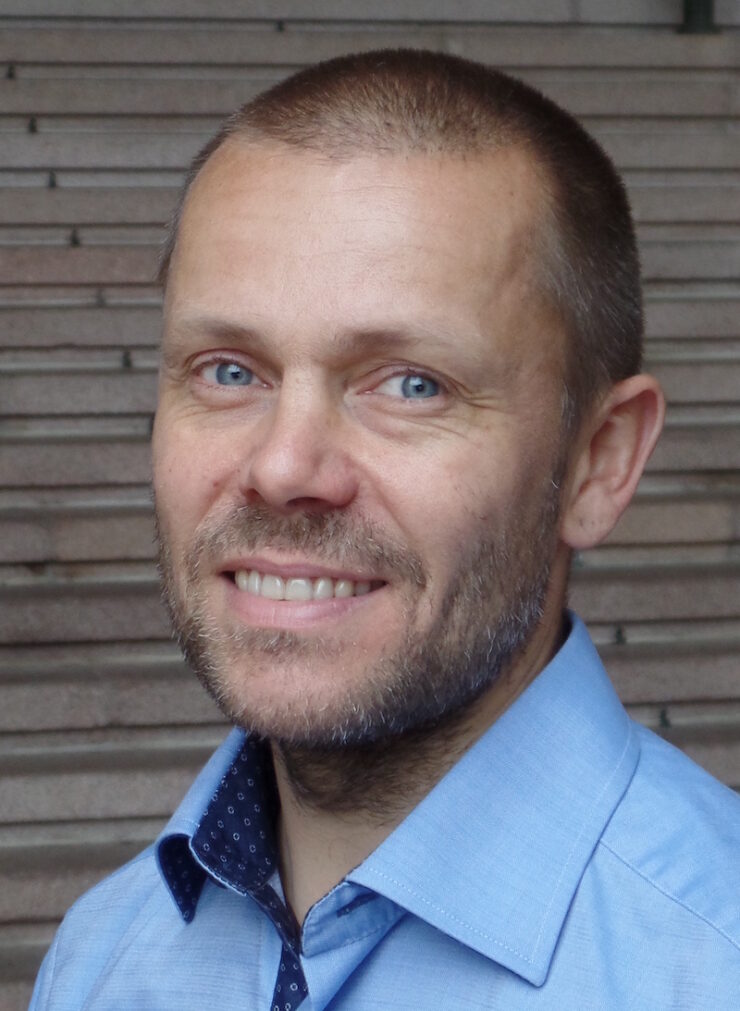By Kristina Os, Rune Ellefsen and Mona Hovland Jakobsen
What prevents LGBTQI individuals from reporting hate crimes to the police, and what are the experiences of those who do report? A new study uncovers the troubling gaps in trust, support, and understanding that leave many anti-LGBTI hate crimes unreported in Norway.

Photo by Rob Maxwell on Unsplash
Despite Norway’s reputation as an international leader in protecting lesbian, gay, bisexual, trans, queers and intersex (LGBTQI) people’s rights, our recent study published in Nordic Journal of Studies in Policing reveals major barriers that prevent LGBTQI individuals from reporting hate crimes. In our HATECYCLE project, we collaborated with The National Police Competence Group on Hate Crime and gained access to survey data gathered during Pride 2022 aimed at the LGBTQI community. By using the data from over 3000 open-ended survey responses, our study sheds light on why non-reporting is so widespread and how mistrust in the police, procedural obstacles, and fear of personal costs prevents LGBTQI persons from reporting.
The study reveals that only 8% of the respondents who had experienced hate crime reported it to the police. Of those who did report, many described discouraging encounters, including cases dismissed despite substantial evidence and instances of unsympathetic or condescending treatment by police officers. Others noted dismissive attitudes or a lack of follow-up, which amplified feelings of neglect. Encouragingly, some positive experiences were also reported. LGBTQI individuals who encountered respectful and understanding police officers felt validated, even when their cases were dismissed. Such interactions underscore the importance of procedural justice in raising trust and how in some cases, being taken seriously by the police is more important for trust than their report having a positive outcome.
The study identifies several reasons why LGBTQI individuals avoid reporting hate crimes. A prevalent theme is the belief that reporting “leads nowhere.” Many victims perceive police’s failure to act as an inevitability, often reinforced by stories from other LGBTQI persons within their social networks. A significant proportion of respondents also felt that their incidents were not serious enough to warrant police attention, reflecting both potential internalized stigma and uncertainty about what constitutes a reportable hate crime. The personal costs of reporting further discourage victims. These include fears of retaliation, the emotional toll of recounting traumatic experiences, and concerns about being outed as LGBTQI. For some, these risks outweigh the potential benefits of seeking justice through police reporting.
The findings highlight a profound gap between official policy aspirations to protect LGBTQI citizens and the lived experiences of these individuals. While Norwegian police have taken steps to prioritize hate crime, including establishing a dedicated hate crime unit, the study shows that trust in law enforcement among LGBTQI individuals remains low.
This study offers valuable insights into the barriers LGBTQI individuals face when considering whether to report hate crimes. Findings can thus also be used as a basis for initiating change in the police and beyond to make hate crime victims better supported, and to counteract the widespread lack of trust among LGBTQI citizens in the police’s ability to provide justice and protection in relation to hate crime victimization. Potential measures could include ensuring officers have knowledge concerning LGBTQI-issues through training to improve interactions and reduce bias; considering reporting options outside the police to lower the perceived personal risks and costs of reporting; and public awareness raising effortstoclarify what constitutes a hate crime.
About the authors
Kristina Os is a research assistant at the Center for Research on Extremism (C-REX) in the research project HATECYCLE. The project examines the life cycle of hate crimes in Norway, with the aim of strengthening our understanding of the patterns, consequences of and society’s reactions to hate crimes.


Rune Ellefsen is a researcher at C-REX in the HATECYCLE project and at RusForsk (Oslo University Hospital). He holds a PhD from the Department of Criminology and Sociology of Law, University of Oslo. He has conducted research on the policing of radical protest movements, politically motivated crime and political violence.
Mona Hovland Jakobsen is a senior advisor in the Norwegian police’s IT unit (PIT). She conducted the survey during Pride 2022 and has written a report published by the police directorate summarizing the results from the survey.
